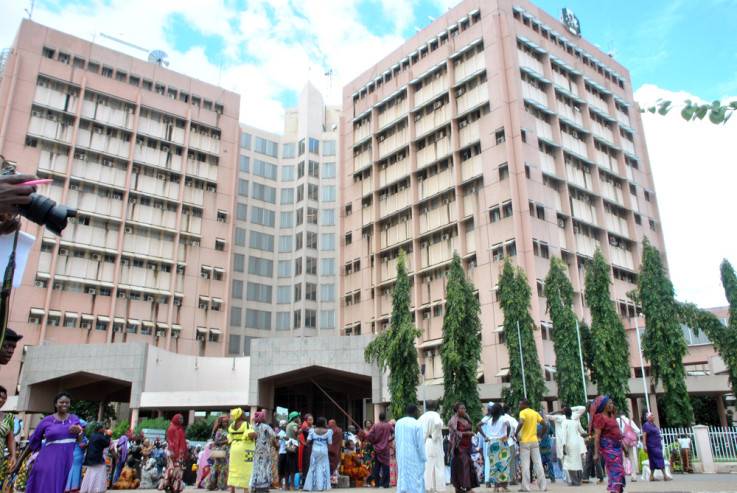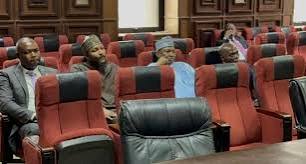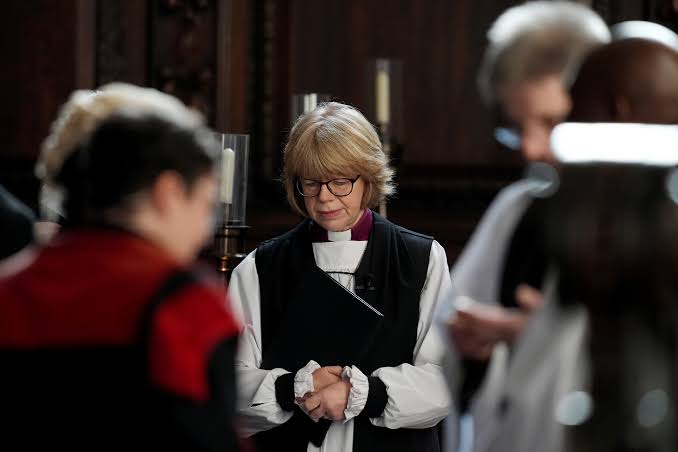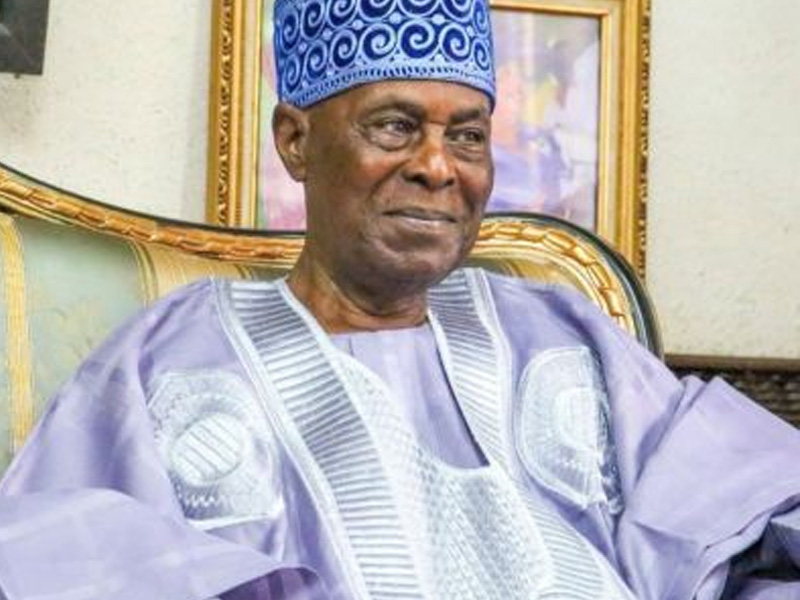The Federal Government has asked organized labor to take into account the far-reaching economic consequences of its demand for a national minimum wage that is not aligned with economic reality.
The Minister of Information and National Orientation, Mr. Mohammed Idris, said at the opening of the 2024 Synod of the Charismatic Bishops Conference of Nigeria in Abuja on Wednesday that the N250,000 minimum wage demanded by labor unions could have devastating economic consequences.
Idris said that it can lead to widespread job losses, harm the well-being of Nigerians, and ultimately undermine the country’s economic stability.
Labour had distanced itself from President Tinubu’s Democracy Day speech, where he claimed to have reached an agreement with them on the new minimum wage, according to Persecondnews.
For weeks, the parties had been in protracted negotiations, with the unions demanding a minimum wage of N250,000, while the Federal Government and the private sector countered it with an offer of N62,000.
Prince Adewale Adeyanju, the Acting President of the Nigeria Labour Congress, announced that the Tripartite Committee on the National Minimum Wage had not reached a consensus as of June 7, when talks concluded.
Adeyanju is standing in for NLC President Joe Ajaero, who is currently attending an International Labour Organisation conference in Geneva, Switzerland.
Tinubu’s announcement that he would soon send a bill to the National Assembly to formalize the minimum wage agreements sparked outrage among union members.
The Assistant General Secretary of the NLC, Mr. Chris Onyeka, said labour would reject both the latest offer of N62,000 and the alternative proposal of N100,000 suggested by certain individuals and economists.
Meanwhile, Ajaero announced that the union was awaiting the president’s response to their proposed minimum wage.
The Information Minister stressed the need for a practical wage system that balances workers’ needs with the risk of massive job losses.
He reaffirmed the government’s commitment to reviewing the minimum wage, but warned against making demands that could harm the economy.
He stated: “As I have repeatedly said, the Federal Government is not opposed to the increase of wages for Nigerian workers, but we keep on advocating for a realistic and sustainable wage system for the workers—a wage system that will not undermine the economy, lead to mass retrenchment of workers, or jeopardise the welfare of about 200 million Nigerians.
“We want the labour unions to understand that the relief that Nigerians are expecting and that they fully deserve will not come only in the form of an increase in wages.”





































Leave a comment